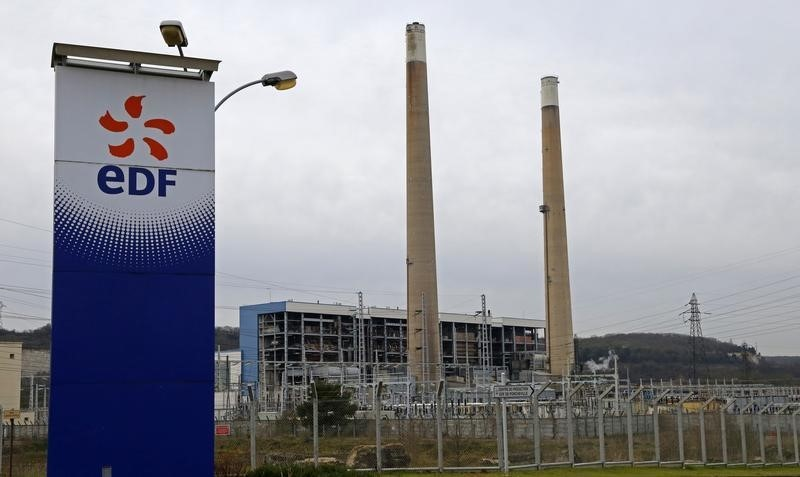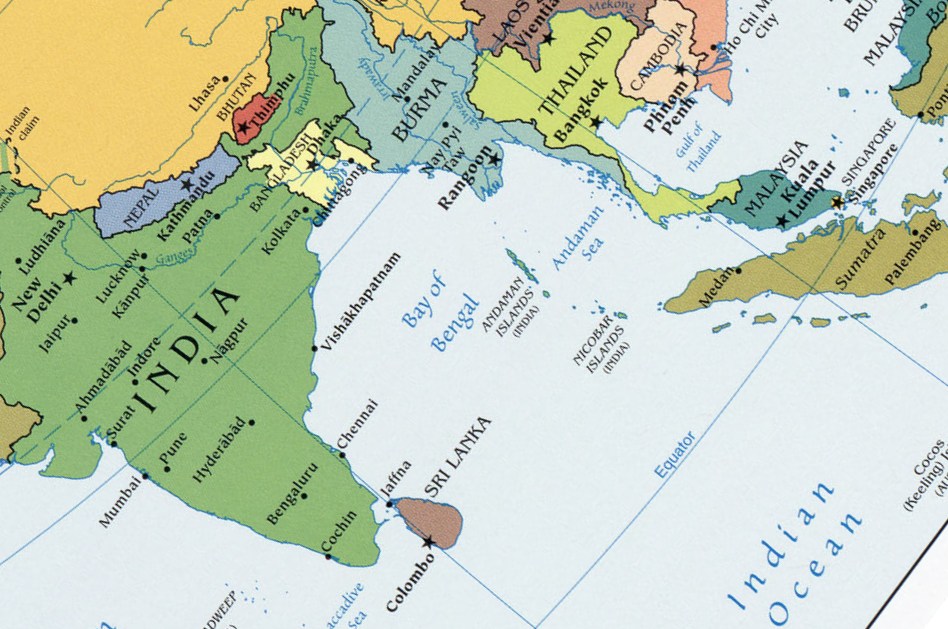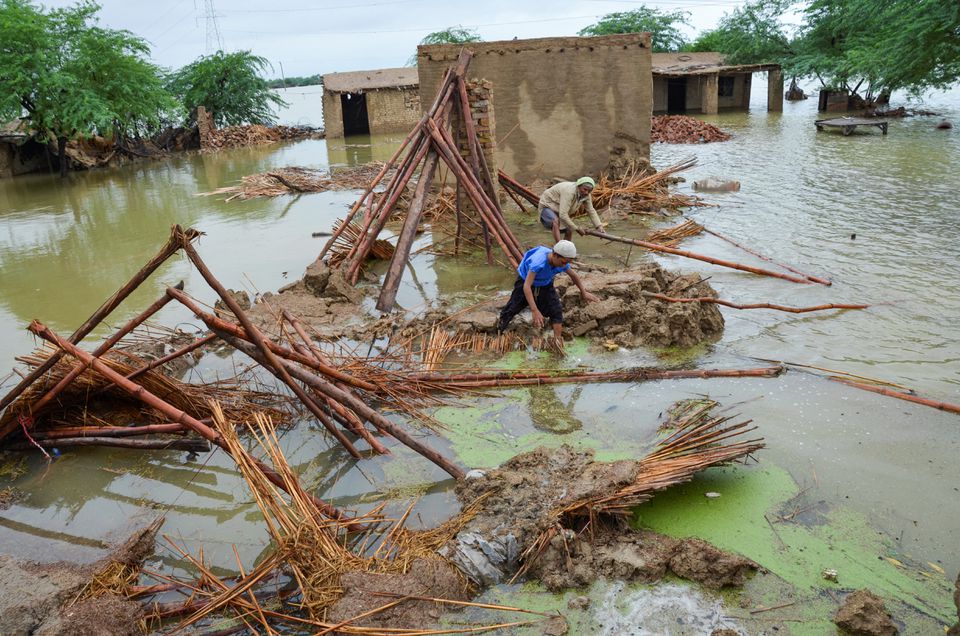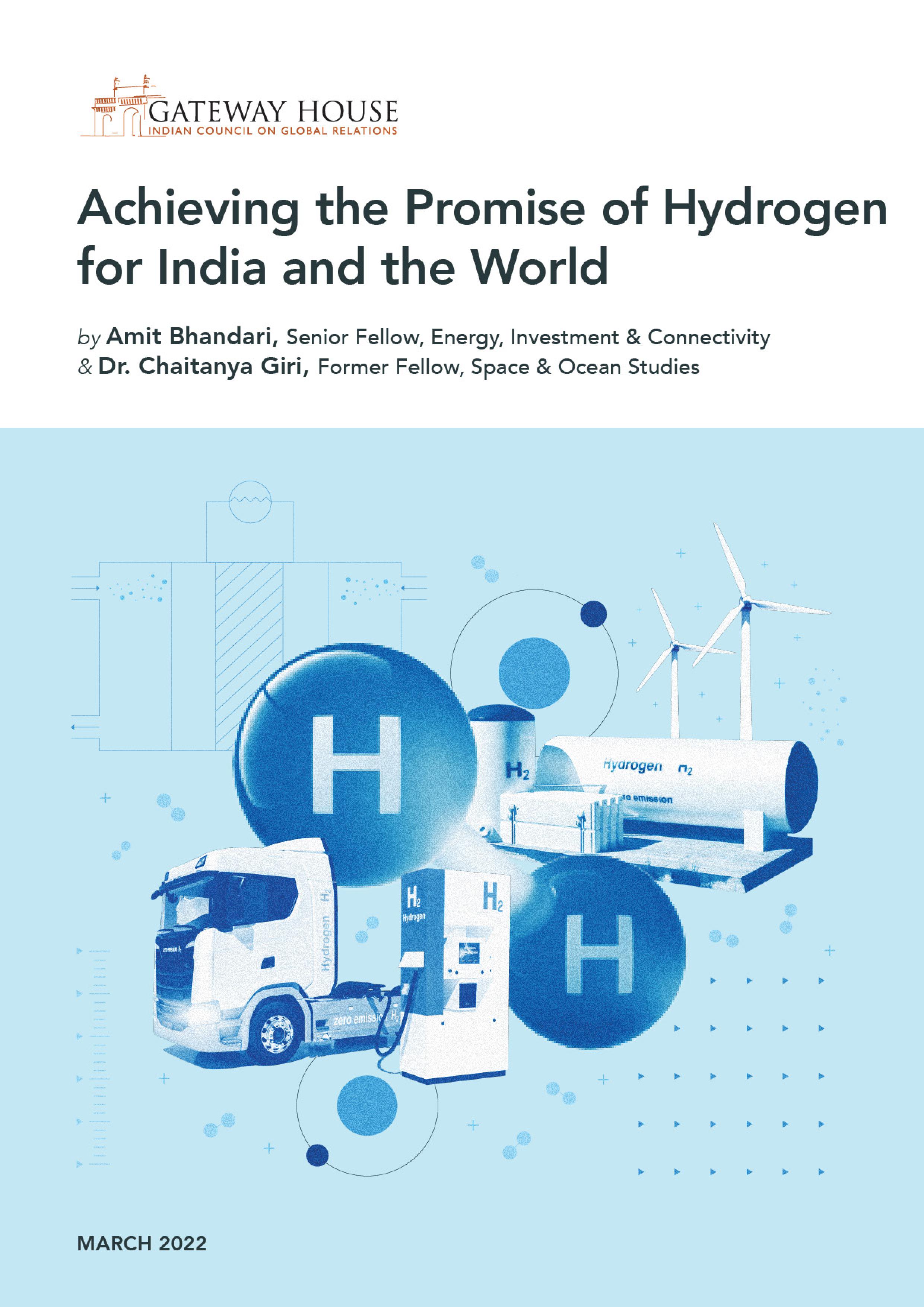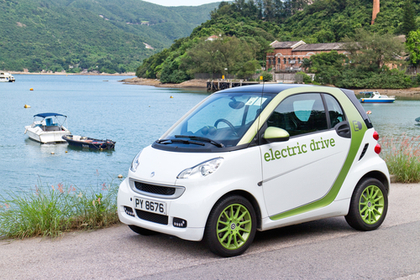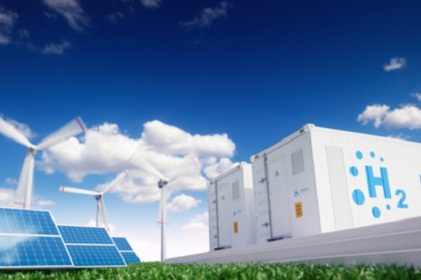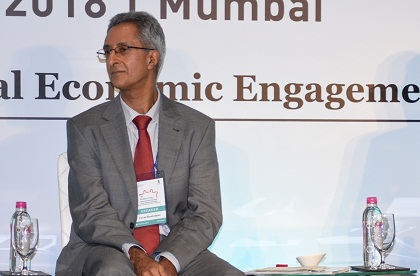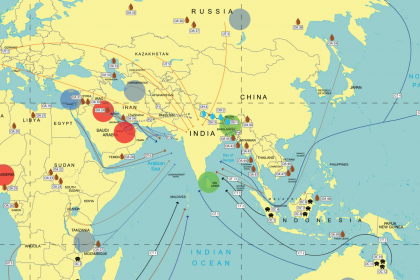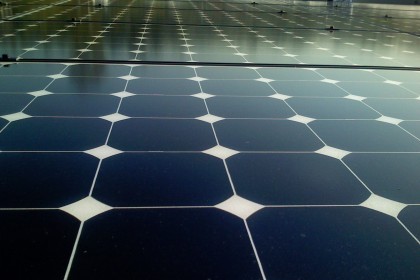Delhi-Paris energy engagement
India and France are both large energy importers with a shared interest in stable prices and decarbonisation. They have much to offer each other. France is a leader in nuclear power and green hydrogen, and can help India with the technology it needs. India, with its large and growing market, can help bring down the cost of these technologies and mainstream them.

